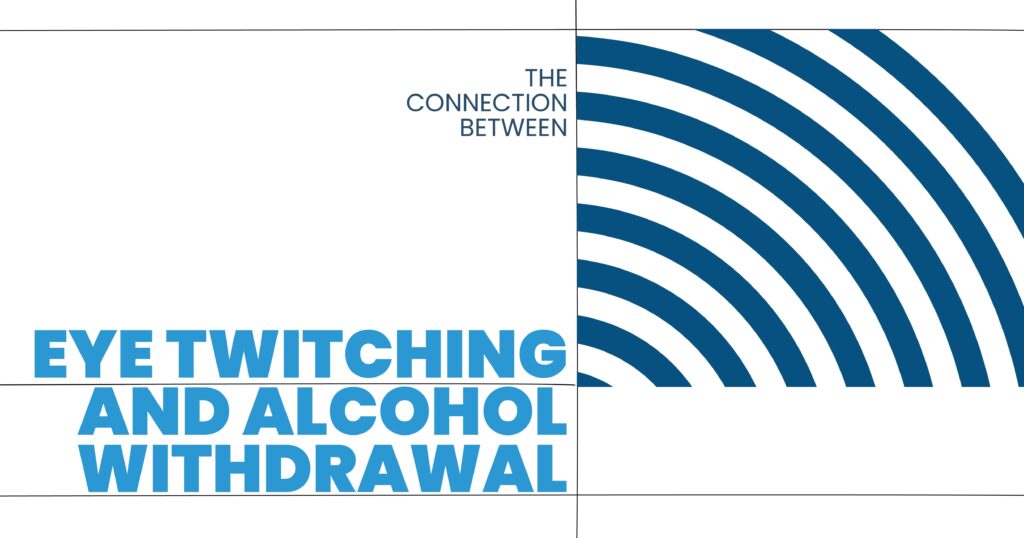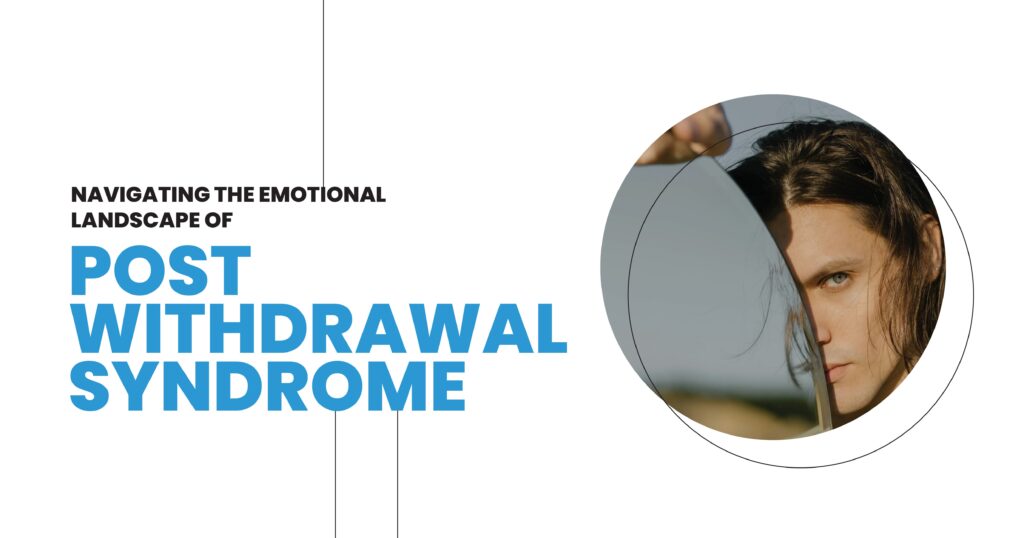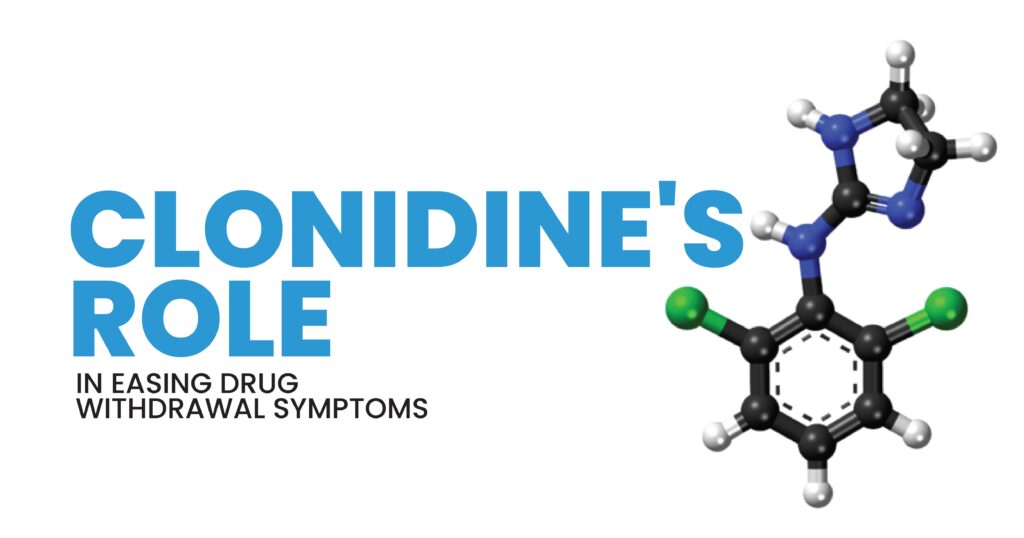Adderall’s Impact on Sleep Patterns: Fact or Fiction

Authored By:
Raleigh Souther

Edited By:
Chase Mcquown

Medically Reviewed By:
Dr. Alejandro Alva
- Last Updated:
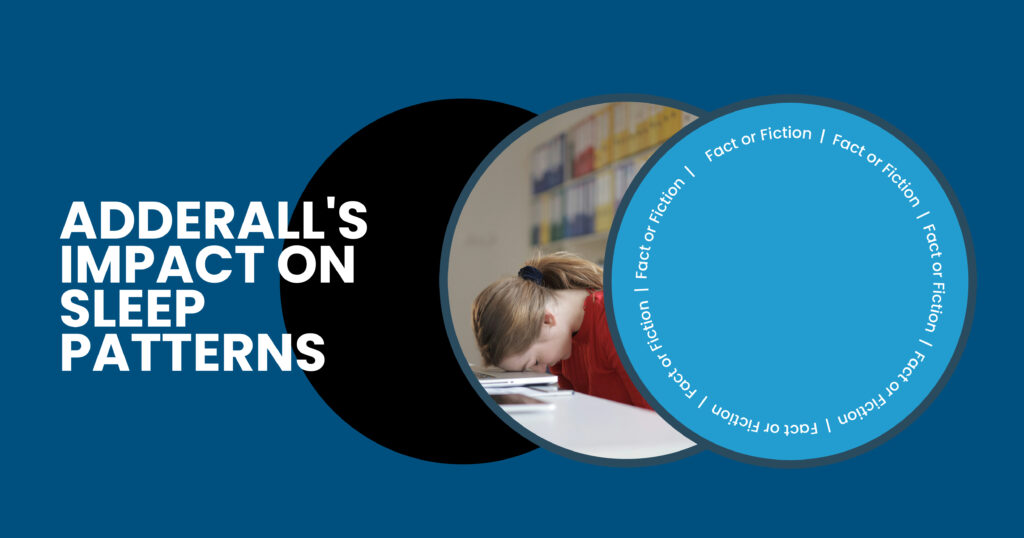
For many individuals dealing with ADHD or narcolepsy, Adderall is a lifeline. Its powerful stimulant properties help boost focus, increase alertness, and manage symptoms that might otherwise be debilitating. But when it comes to sleep, this same medication can feel like a double-edged sword. If you’ve ever asked yourself, “Can Adderall help you sleep?”, you’re not alone, and the answer might surprise you.
Sleep is essential to every aspect of health, from mental clarity to emotional stability. Yet, for those using Adderall regularly, restful sleep can often feel out of reach. In this blog, we’ll explore how Adderall influences sleep, the science behind its stimulant nature, and strategies to manage sleep disturbances related to its use.
Understanding Adderall’s Impact on Sleep Patterns
Adderall, a combination of amphetamine salts, stimulates the central nervous system. While this effect is incredibly effective for focus and alertness during the day, it can interfere with the body’s natural sleep-wake cycle, especially if the medication is taken later in the day.
People often report that Adderall sleep effects include difficulty falling asleep, staying asleep, or feeling rested in the morning. This disruption in circadian rhythm makes sleeping with Adderall a challenge. Even when users feel physically tired, their brain remains alert, leading to a frustrating disconnect between body and mind.
Understanding this duality is essential in managing its impact on the rest. Although some individuals believe that low doses of Adderall calm their thoughts at night, particularly those with ADHD, using Adderall as a sleep aid can backfire over time.
The Connection Between Adderall and Insomnia
Adderall increases dopamine and norepinephrine levels in the brain, which are neurotransmitters associated with focus and alertness. However, these same chemicals are also involved in the sleep-wake cycle. When these neurotransmitters remain elevated due to Adderall, the brain interprets this as a signal to stay awake.
Adderall and insomnia often go hand-in-hand because the drug essentially overrides the natural cues your body uses to wind down. The longer the medication stays in your system, the more it can delay or shorten the various stages of sleep, particularly REM and deep sleep, both of which are crucial for mental restoration.

Recognizing the Signs of Stimulant-Induced Insomnia
It’s not always easy to spot the connection between Adderall and poor sleep. Some of the common indicators include:
- Trouble falling asleep even when tired.
- Frequent nighttime awakenings.
- Restlessness or agitation in bed.
- A racing mind or inability to “shut off.”
- Feeling unrefreshed upon waking.
According to a 2023 study published in Sleep Medicine, stimulant medications like Adderall can reduce total sleep time by up to 1.5 hours per night in consistent users, highlighting the long-term sleep trade-offs associated with the medication.
How Adderall Affects Sleep Cycles and Rest
To understand the full picture, let’s look at how Adderall interacts with the sleep architecture:
| Sleep Phase | Normal Function | Impact of Adderall Use |
| Stage 1 (Light Sleep) | Transition phase between wakefulness and sleep | May be prolonged due to alertness |
| Stage 2 | Body temperature drops, heart rate slows | Often shortened or delayed |
| Stage 3 (Deep Sleep) | Tissue repair, immune function, memory consolidation | Significantly reduced in stimulant users |
| REM Sleep | Dreaming, emotional regulation | Decreased REM cycles, leading to fatigue |
By reducing deep and REM sleep, Adderall can cause lingering tiredness, mood swings, and decreased concentration the next day, ironically impacting the very symptoms it was prescribed to manage.
Managing Sleep Problems Associated with Adderall Use
If you’re experiencing Adderall sleep problems, know that you’re not alone and there are strategies to reduce these effects. Some users notice improvements by adjusting dosage timing or discussing extended-release versus immediate-release options with their healthcare provider.
While some may be tempted to self-adjust their medication or stop taking it altogether, this can lead to withdrawal symptoms or a return of untreated ADHD symptoms. Instead, work closely with your medical team to determine the safest and most effective solution for balancing medication and rest.
The Sleep Foundation recommends a personalized approach to managing medication-related sleep disturbances, including lifestyle changes, cognitive-behavioral therapy for insomnia (CBT-I), and sleep hygiene interventions.
Tips for Improving Sleep While Taking Adderall
Creating an environment that encourages relaxation is one of the most effective ways to counteract Adderall and rest issues. Here are some evidence-backed suggestions:
- Take Your Medication Earlier In The Day. Try to schedule your last dose before noon.
- Develop A Sleep Routine. Go to bed and wake up at the same time every day, even on weekends.
- Limit Screen Time At Night. Blue light can further delay melatonin production.
- Avoid Caffeine After Noon. Layering stimulants can worsen insomnia.
- Create A Sleep-Friendly Space. Keep your room dark, cool, and quiet.
These tips may not eliminate sleep issues entirely, but they can drastically reduce the severity and improve overall sleep quality.
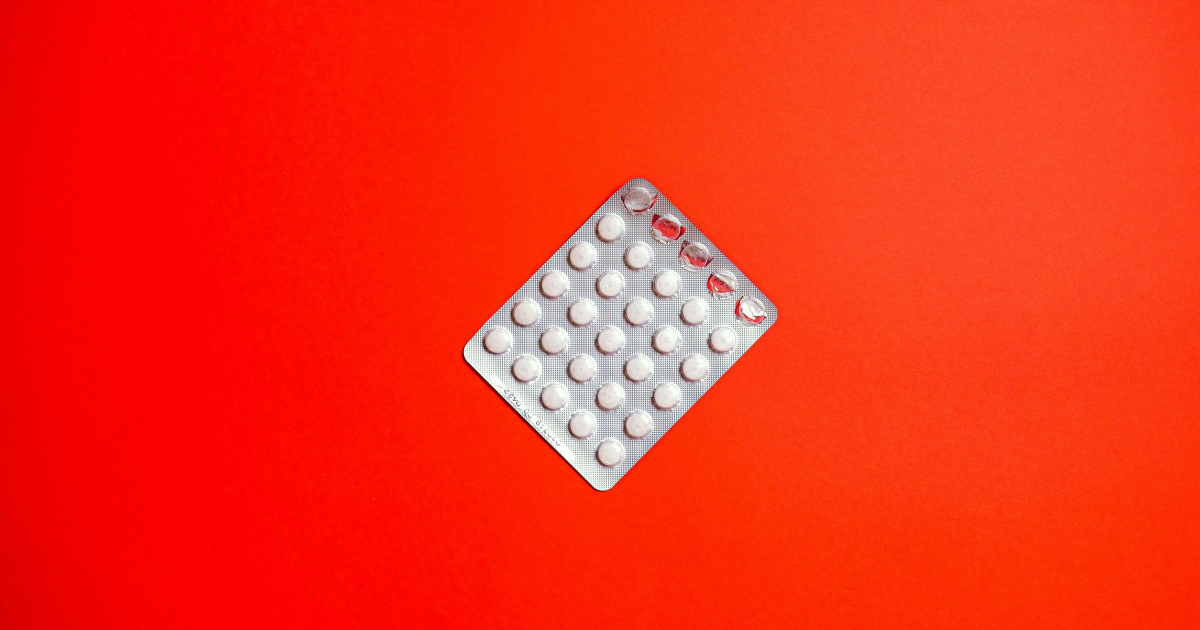
Alternatives and Solutions for Adderall-Induced Sleep Issues
If lifestyle changes aren’t enough, there are additional options to explore:
- Non-Stimulant Medications. Medications such as atomoxetine or guanfacine are often prescribed for ADHD and have fewer sleep-related side effects.
- Natural Sleep Aids. Some users find benefit from supplements like melatonin or magnesium. However, it’s essential to discuss these with a physician first to avoid drug interactions.
- Cognitive-Behavioral Therapy (CBT). CBT for insomnia (CBT-I) has been shown to significantly reduce sleep latency and improve sleep efficiency, even for those on stimulant medications. The National Institute of Mental Health (NIMH) provides resources on behavioral approaches for managing ADHD and associated sleep disturbances.
- Mindfulness Practices. Yoga, meditation, and progressive muscle relaxation have all shown promise in promoting relaxation and improving sleep quality.
When considering alternatives, always involve a medical professional in the decision-making process. A tailored approach ensures that both attention and rest are properly managed.
Restful Nights Begin With Support: Reach Out to Visalia Recovery Center Today
If you or someone you love is struggling with Adderall sleep help, insomnia, or stimulant-related rest issues, support is available. At Visalia Recovery Center, we understand the complex relationship between medication and mental health and how sleep plays a crucial role in healing.
Whether you need help managing a prescription, exploring alternatives, or addressing co-occurring sleep disorders, our team guides you every step of the way. Don’t let sleepless nights affect your journey to wellness. Call us today or visit Visalia Recovery Center to learn more.
FAQs
- How does Adderall interfere with sleep patterns and contribute to insomnia?
Adderall stimulates the central nervous system, which delays the body’s ability to relax and transition into sleep. This leads to insomnia, especially if taken later in the day.
- What are the common sleep problems associated with taking Adderall at night?
Common issues include difficulty falling asleep, reduced deep and REM sleep, and waking up feeling unrefreshed.
- Can Adderall act as a sleep aid or does it primarily disrupt rest?
While it may help calm racing thoughts for some people with ADHD, Adderall generally disrupts rest and is not considered a sleep aid.
- What strategies can help mitigate the sleep effects of Adderall?
Taking the medication early, improving sleep hygiene, using non-stimulant alternatives, and practicing mindfulness can help reduce its impact on sleep.
- Are there alternatives to Adderall that cause fewer sleep issues?
Yes, non-stimulant medications like atomoxetine or guanfacine, and behavioral therapies like CBT-I, may be suitable alternatives with fewer sleep-related side effects.
